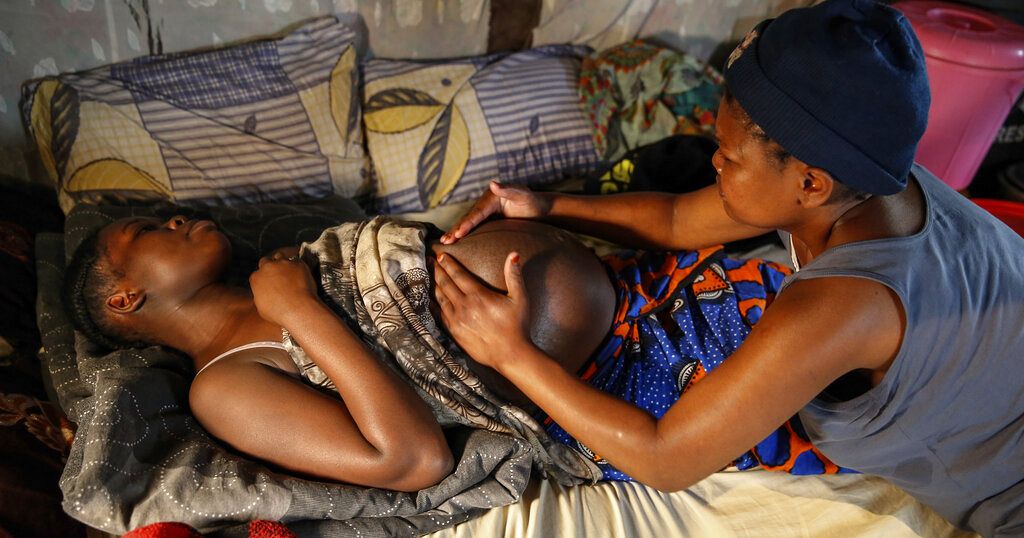Hope Revived in Kenya’s Remote Villages: Portable Ultrasound Devices Transforming Maternal Healthcare
In the rural outskirts of Kenya, where healthcare facilities are scarce and pregnant women often face significant obstacles, a revolutionary technology is bringing new hope. Portable ultrasound devices are empowering midwives to detect pregnancy complications early, providing life-saving care to women and their infants. For Namunyak Tajiri, a 37-year-old mother of nine, the device has already brought a sense of optimism during her current pregnancy with twins.
“Before, I used to worry about the challenges I would face during pregnancy, but now, with the portable ultrasound machine, I feel more at ease,” Tajiri said.
The UNFPA mobile ultrasound program, launched in November 2020, has trained numerous midwives and screened over 2,500 women across Kajiado, Migori, Homabay, and Kisii counties. The devices are offered for free, allowing midwives to identify potential issues early and reduce the risk of maternal and infant deaths. The technology’s impact is especially significant in areas where healthcare access is limited and cultural attitudes may deter women from seeking prenatal care.
Dorothy Kwamboka, a nurse at Namanga Health Centre, acknowledged the challenges faced by healthcare providers. “We have women who come from far, so transport is a big issue. But with the portable machine, we can reach them, even if we face electricity problems or financial constraints.”
Community health volunteers have played a crucial role in changing perceptions among pregnant women, emphasizing the importance of early planning and scans. According to Pilar Molina, UNFPA’s Deputy Representative for Kenya, the introduction of new technology can significantly benefit health outcomes, particularly in detecting complications in high-risk pregnancies.
With ultrasound scans costing only Ksh 500 ($3) for patients, similar to public hospitals, and private hospitals charging Ksh 1500, the technology is within reach of many. The facility can perform up to three scans per day when adequately staffed, providing pregnant women with crucial information on the baby’s position, placenta, and potential breech positions.
As the UNFPA reports that 355 women die from pregnancy-related causes for every 100,000 live births in Kenya, the impact of portable ultrasound devices is monumental. Ongoing education for women, men, and children about the significance of prenatal care is crucial in enhancing maternal and infant health outcomes in these communities. As Tajiri attests, “I feel more optimistic about my pregnancy now, and I hope many other women in these remote areas will benefit from this new technology.”
